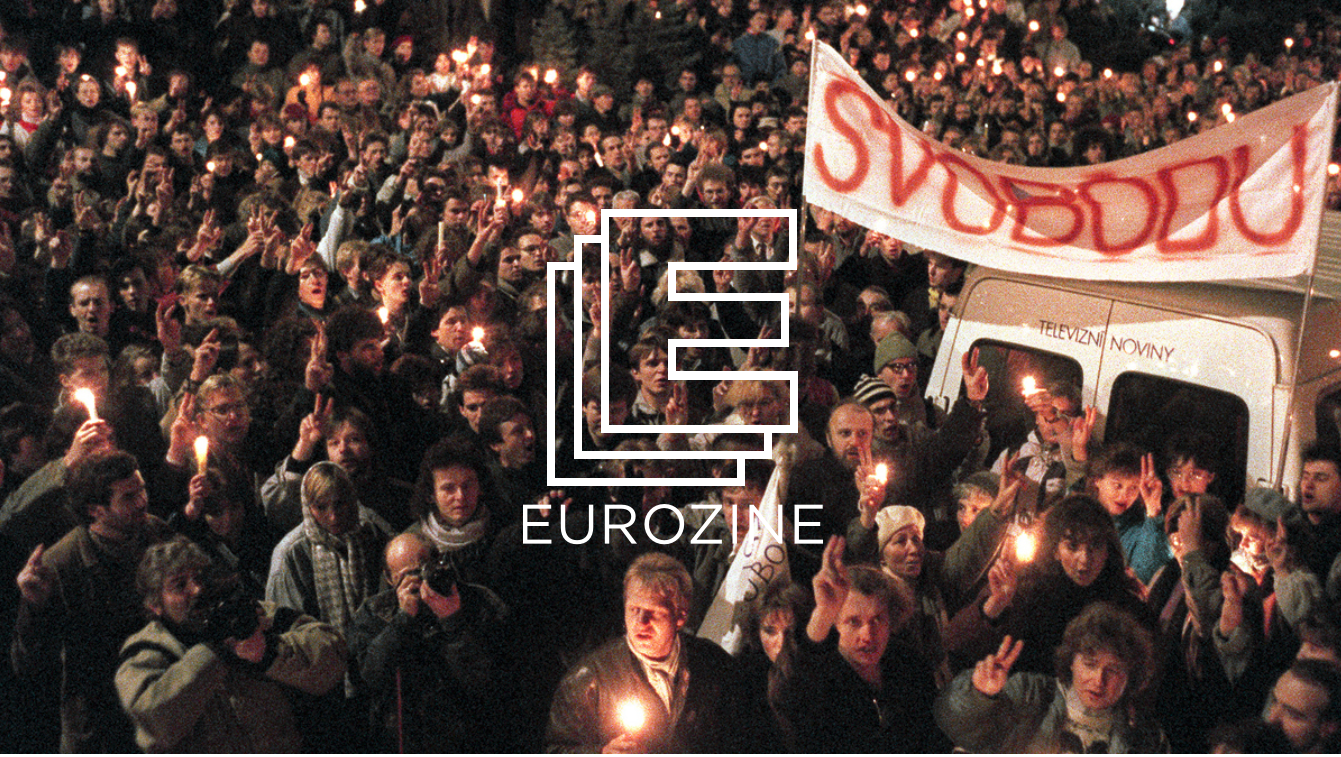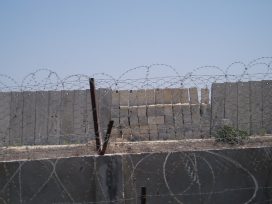A certain blend of optimism and suspicion characterized the end of the 20th century after the fall of the Soviet experiment. In the first decade, drastic social, political and economic changes were both invited and dreaded in Eastern Europe. As Easterners, we were advised to go West, where the skies were blue; we also had to acknowledge that our accomplishments count much less there.
In the second decade, disillusion had started to set in. Our young democracies failed to grow out of their dysfunctions; we were exhilarated to join the European Union, but also worn down by its toll. ‘Our democracies are basically great, we just have to amend them here and there’ – it was the winners’ slogan at the time. The losers of economic collapses, and those deemed less important in comparison to the West of our Union – well, they were considered collateral damage. Discontent started to mount, and accounts of recent history varied greatly.
The 2008 economic collapse forced even the fiercest believers of liberal hegemony to question whether this was actually the end of history after all.
For the last decade, one of our main concerns are the rise of new authoritarian regimes in Europe and beyond. Some blame it on the Socialist heritage – others point out that these tendencies are not restricted to the former Eastern Bloc. Nobody thinks any more that our regimes function well and progress inherently towards freedom – let alone equality. The imperative of permanent and rapid growth had been slapped in the face.

After the economic crisis, niches and alternative economies promised a redemption. Solidarity, a principle formerly abused by the Soviet Empire and condemned by neoliberalism, was reinvented. New technologies and the share economy were expected to foster new, more cooperative forms of co-existence.
In the hands of monopolistic enterprises, many of these initiatives, originally built on the logic of mutual help, have proven only to be new means of exploitation. Precarity, gentrification, political deception – these are the major products today. And in an increasingly centralized media landscape, it gets harder to tackle them.
But the fact that share economies have been weaponized against the people does not mean that trading in goodwill was a bad idea in the first place. Eurozine is the proof itself: our partners and associates share and exchange ideas, professional knowledge and content, for the benefit of the whole network, and our readers, who get insight into national discourses and professional fields they would otherwise not reach.
We are a twofold project: a network of more than 90 journals and associates from across Europe and a bit beyond, and also an online medium built on our network’s contributions: we review, translate and aggregate their content; amplify their voices and advocate for them internationally.
We gathered for our annual meeting in Berlin just a few days ago, to recall the promises of 1989, and to share our plans for the future and talk through our cooperation.
Our aim is to foster a common discourse, for Europe and of Europe. A discourse that respects and showcases the multitude of perspectives. One that gains its strength from its decentralized sensitivity and its depth of understanding.
Insight mustn’t be a luxury. And we are here to bring it to you.

Réka Kinga Papp
Editor-in-chief
This editorial is based on the welcome address given on 1 November 2019 at the 30th European Meeting of Cultural Journals in Berlin. It’s part of our 23/2019 newsletter. You can subscribe here to get the bi-weekly updates about latest publications and news on partner journals.








